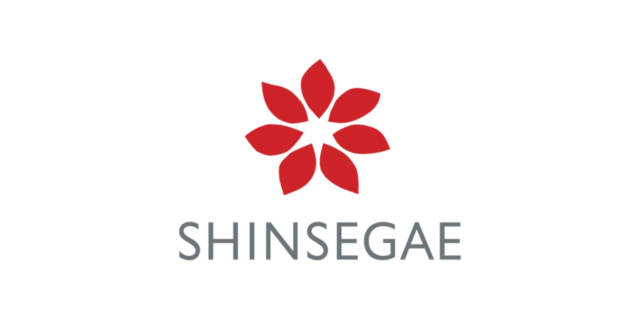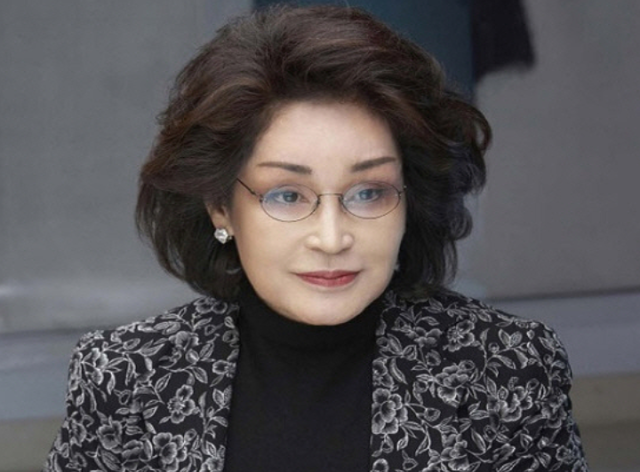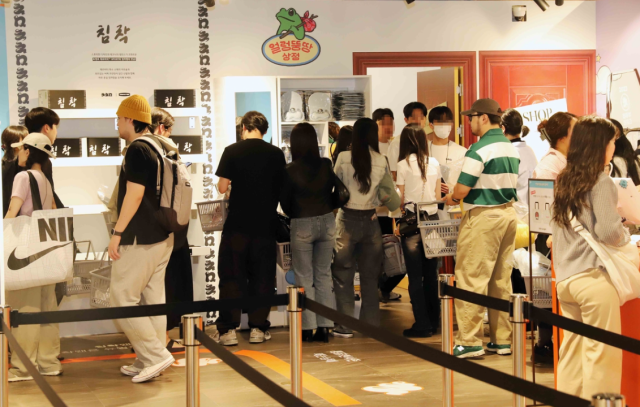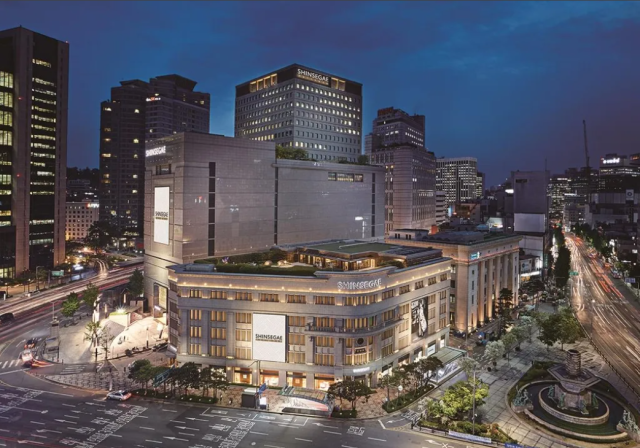
Editor's Note: This article is the 16th installment in our series on Asia's top 100 companies, exploring the strategies, challenges, and innovations driving the region's most influential corporations.
SEOUL, May 01 (AJP) - The headquarters of South Korea’s Shinsegae Group, located in Seoul’s Sogong-ro, rises as a monument to nearly a century of retail evolution.
Once a single department store, the company has grown into a sprawling lifestyle conglomerate that is redefining how Koreans eat, shop and spend their leisure time.
Founded in 1965 by Lee Byung-chul — also the founder of Samsung — Shinsegae can trace its lineage to the country’s first department store, opened in 1930. Today, the company’s reach extends across discount supermarkets, e-commerce, luxury fashion, restaurants and even entertainment.
Led by Chairwoman Lee Myung-hee and her daughter, Vice Chairwoman Chung Yoo-kyung, Shinsegae has undergone a transformation that industry observers describe as one of South Korea’s most ambitious corporate reinventions.
Under their leadership, the company has evolved from a traditional retailer into what it now calls a “lifestyle platform” — a seamless fusion of online and offline services that aims to anticipate and shape consumer behavior.
Its portfolio includes premium department stores, E-mart discount chains, the integrated e-commerce platform SSG.com, and Shinsegae Food’s restaurant and catering services.
Shinsegae International, its fashion and beauty arm, oversees a growing roster of domestic and imported brands. In 2024, its flagship Gangnam department store generated annual revenue exceeding 3 trillion won, or roughly $2.2 billion.
Shinsegae’s story is one of continual reinvention. Originally known as Donghwa Department Store, it rebranded in 1963 and began importing Western retail innovations such as fixed pricing and credit card acceptance — then revolutionary ideas in Korea.
In 1991, the company formally split from Samsung Group, allowing it to double down on retail operations. Two years later, it launched E-mart, the country’s first discount big-box store, ushering in a new era of mass retail.

Leadership has been central to its evolution. Lee Myung-hee, daughter of the founder, emphasized trust, integrity and long-term relationships as pillars of the company’s culture.
In 2009, her son Chung Yong-jin, now Vice Chairman, took de facto control and steered Shinsegae toward digital transformation.
Under Chung, the company has pursued what it calls the “Shinsegae Universe” — a connected ecosystem where online and offline experiences converge.
SSG.com, which unites Shinsegae Department Store, E-mart, and Starbucks Korea under a single loyalty program, is a core pillar. Live-stream shopping events with YouTube influencers like Calmdownman have become a popular driver of online sales.
In brick-and-mortar retail, Shinsegae has leaned into luxury and experiential shopping. Its Gangnam store, the nation’s top-grossing department store, is undergoing a major renovation to transform its 19,800-square-meter food court into what it claims will be “the world’s largest premium food theme park” by late 2025.
Other attractions include “Sweet Park,” an immersive dessert-themed space that drew 12 million visitors in a year, and cultural tie-ins with Netflix’s Squid Game and K-pop groups like Seventeen.
While Lotte and Hyundai remain formidable competitors — Lotte still leads in department store market share — Shinsegae holds a strong second with 31.7 percent as of 2024.
E-mart, with roughly 160 stores nationwide, remains South Korea’s top discount chain. Its “No Brand” line of affordable private-label goods has proven especially popular amid inflation and economic uncertainty. In Southeast Asia, Shinsegae is expanding No Brand’s presence in countries like Laos.
International growth is another key focus.
Shinsegae International is pushing K-beauty and fashion brands into Europe and the Middle East. In China, the group is pursuing a strategy of acquiring local firms for easier market entry.
Meanwhile, Shinsegae is reportedly exploring a joint venture with Alibaba to boost its global e-commerce reach and considering international expansion for Starbucks Korea, in which it holds a controlling 67.5 percent stake.

The road ahead is not without obstacles.
Global discount platforms like AliExpress and Temu are intensifying price competition. Korea’s shrinking population and aging demographics pose long-term challenges to domestic growth.
And as Shinsegae expands its AI-driven personalization tools, questions around data privacy and cybersecurity have grown more urgent.
To mitigate risks and seize new opportunities, Shinsegae is developing blockchain-based security systems and a global iteration of its No Brand offering.
By 2035, the group envisions building its own logistics hubs in Southeast Asia and the Middle East, exporting K-culture through immersive “Korean Wave” entertainment complexes abroad, and expanding into healthcare and finance through a unified digital platform.
“Our goal is not just to sell products,” Chung said recently. “It’s to innovate until customers are afraid not to shop with us.”
If Shinsegae succeeds, it won’t just be South Korea’s top retailer — it may become one of Asia’s most influential cultural forces.


Copyright ⓒ Aju Press All rights reserved.

